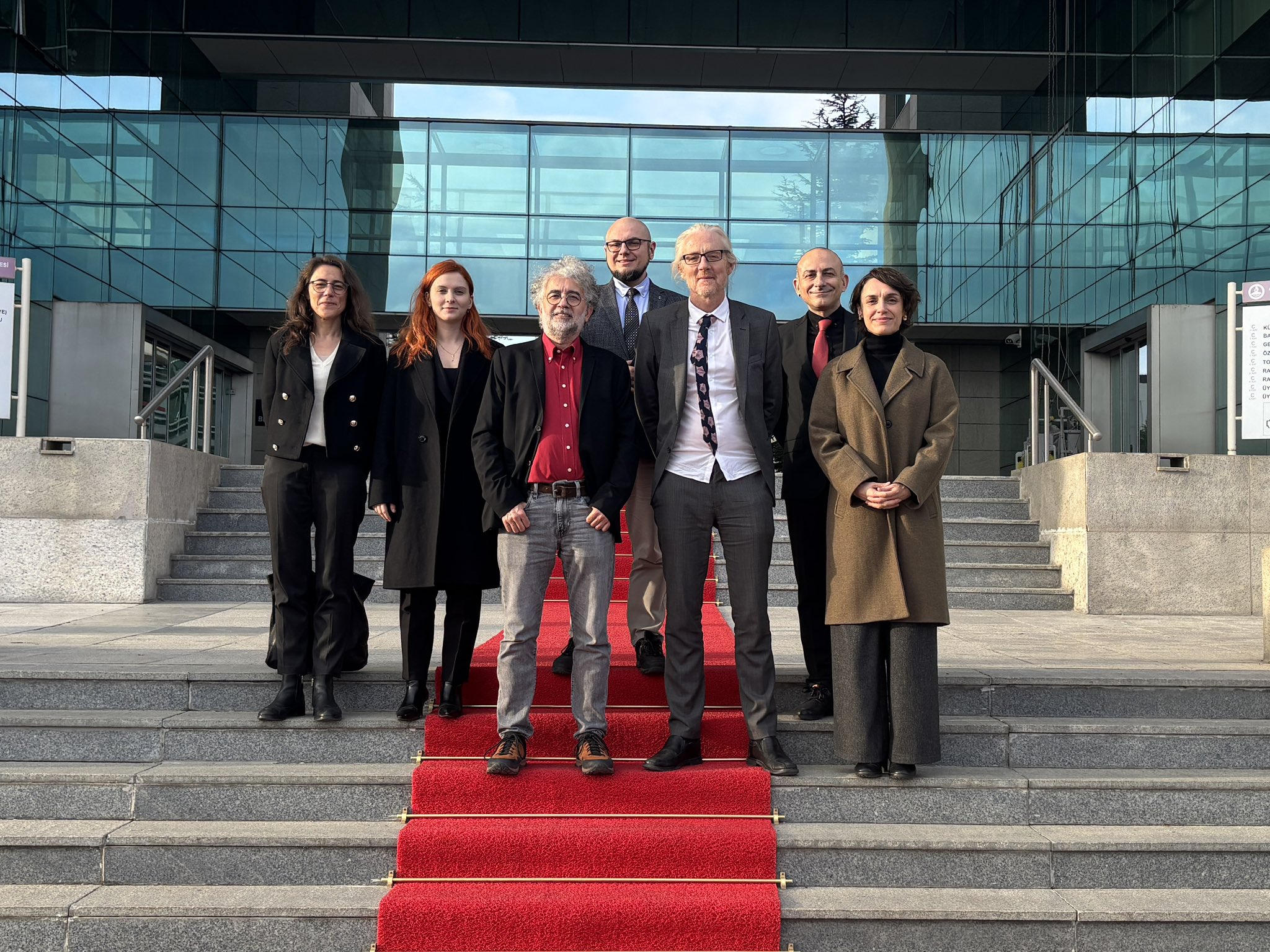Media freedom groups today called on Turkey’s government to fully withdraw the amendments to the espionage act currently before parliament. The proposed bill would enable judges to increase sentences by up to seven years for any conviction, if the crime is ruled to have been committed against ‘the political interests of the state’ when acting in alignment with or under the direction of, foreign states or organizations.
The bill has been mischaracterized as an effort to increase transparency in foreign funding of civil society organizations, drawing comparisons to Georgia’s foreign agent law passed earlier this summer. However, these comparisons fail to convey the severity of Turkey’s proposed legislation. Georgia’s law imposes administrative burdens and restrictions on NGOs regarding funding transparency, with rules that can be arbitrarily applied to intimidate government critics. Under Georgia’s law, the most severe penalty for non-compliance is the closure of the organization.
In contrast, Turkey’s ‘agents of influence’ bill amends the country’s espionage act to allow individuals deemed to be acting in line with foreign interests to be effectively treated as spies in judicial proceedings. This would become an aggravating element of any conviction and can significantly increase sentences.
On November 14, the government paused the bill’s passage through parliament and invited the opposition to collaborate on finding a compromise text.
The media freedom groups, who were in Ankara to discuss the bill when it was paused, believe the only acceptable compromise would be to replace all references to acting in alignment with or under the direction of foreign states or organizations with “acting on behalf of a foreign intelligence agency.” Anything less may open up the possibility for the law to be used to arbitrarily target government critics.
The media freedom mission took place from 13- 15 November in Ankara. It was led by the International Press Institute (IPI) and joined by Reporters Without Borders (RSF), the Committee to Protect Journalists (CPJ), and the European Centre for Press and Media Freedom (ECPMF). The mission met with representatives from the Constitutional Court, the broadcast regulator RTÜK, opposition political parties, journalists, and members of the European diplomatic community. All requests to meet with government officials were either declined or ignored.
In addition to the ‘agents of influence’ bill, the mission also addressed the following pressing issues: the ongoing judicial persecution of critical journalists and the Constitutional Court’s record in protecting freedom of expression; the closure of Açık Radyo by the broadcast regulator RTÜK and its pattern of fining critical broadcasters, and the digital censorship of online journalism.
The mission will issue a report elaborating on all these issues in the coming days.
Signed by
International Press Institute (IPI)
Committee to Protect Journalists (CPJ)
European Centre for Press and Media Freedom (ECPMF)
Reporters Without Borders (RSF)
Press and media enquiries:
Oliver Money-Kyrle, Head of Europe Advocacy and Programmes at IPI, [email protected]
Özgür Öğret, Turkey Representative of CPJ, [email protected]
Gürkan Özturan, Monitoring Officer at ECPMF, [email protected]
Erol Önderoğlu, Turkey Representative of RSF, [email protected]
